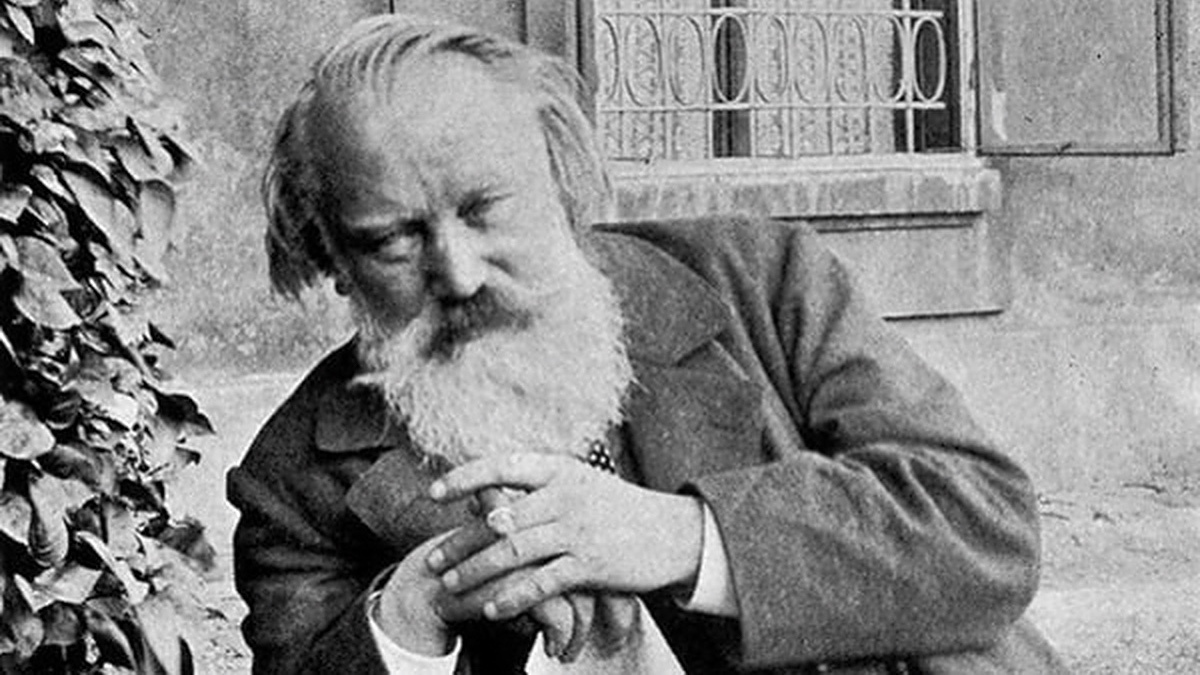Brahms’ Variations on a Theme of Paganini: Musical Athleticism
Niccolò Paganini’s 24th Caprice for solo violin has provided an irresistible blueprint for numerous composers. Most famously, its jaunty, infectious melody inspired the 24 variations of Sergei Rachmaninov’s Rhapsody on a Theme of Paganini, Op. 43. Nearly seventy years before Rachmaninov, in 1863, Johannes Brahms composed his own Variations on a Theme of Paganini, Op. 35. The work is organized in two books, each made up of fourteen blazingly athletic variations, and …







